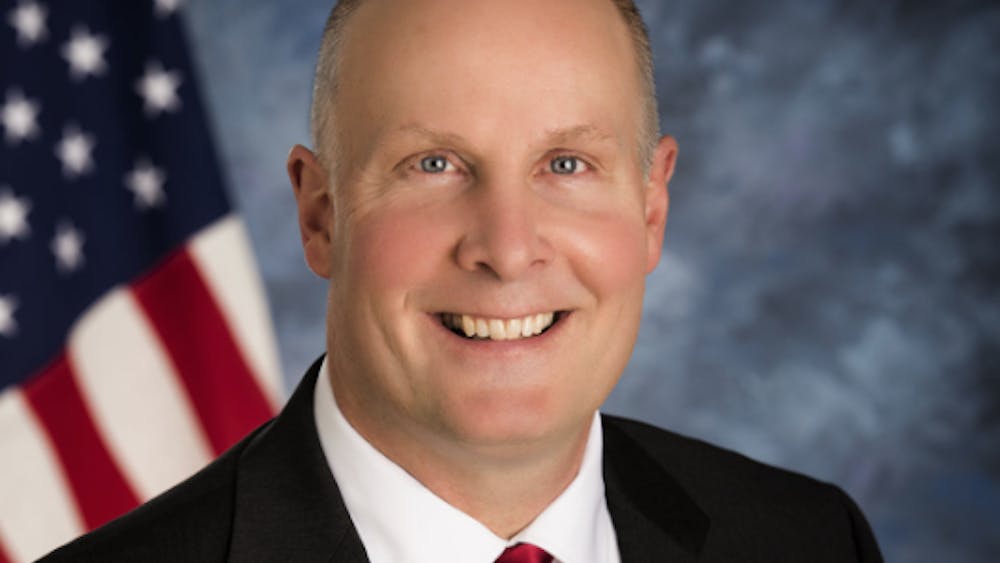'Write More Good' a hilarious spoof on 'AP Stylebook,' offers keen insight on what not to do
5 stars out of 5
Aside from a pen, notebook and "nose for news," one of the most important weapons in a journalist's arsenal is the Associated Press Stylebook.
The Stylebook is what many of us news folks look to when we want to know the spelling, meaning or usage of a word. It is what keeps many of us in line in terms of how to write in a consistent, readable style.
But there is a new stylebook in town: "@fakeapstylebook Presents: An Absolutely Phony Guide on How to Write More Good," by The Bureau Chiefs.
What started as a Twitter account which poked fun at AP style has crystallized into a 252-page manifesto on how to be the worst journalist ever.
The first thing I noticed about the book, aside from the horrible grammar in the title, was the legal disclaimer on the back cover. It reads: "The authors are not responsible for consequences that may result from actually using this book as a dictionary, textbook, or grammar and writing manual."
The book is divided into 14 chapters covering everything from "News & Headline Writing & You & Journalism" to "Punctuation and Grammar: LOL." The book even has a "Fancy Forward" written by the one-and-only Roger Ebert praising the insanity that is sure to ensue in the following pages.
In the first chapter of the book, the Chiefs offer a few reminders to reporters when they are conducting an interview. One of these suggestions is as follows: "... you should always identify yourself as a reporter. Do this by shouting, 'I am a reporter!' at the top of your lungs every few minutes, even if someone else is talking."
But maybe that's not such a bad idea. I mean, I would lose a lot of sources, but boy, would it be hilarious. And informative!
This is the type of humor littered throughout the book. The Bureau Chiefs are some of the funniest, wittiest writers out there.
For example, the religion chapter titled simply "Religion" contains four words: "Not on your life." Awesome.
Somehow the book even converts typically dry glossaries into comedy goldmines. In the chapter "Media Law: You Are So Screwed," for example, the Chiefs define ethics as "things that really good writers don't have to worry about."
This book is perfect for journalists, news junkies or anyone who loves poking fun at overly-picky style regulations.
Just remember, if you get fired for referring to a "swing voter" as "a voter that goes both ways, if you know what I mean," it's not The Bureau Chiefs' fault.



